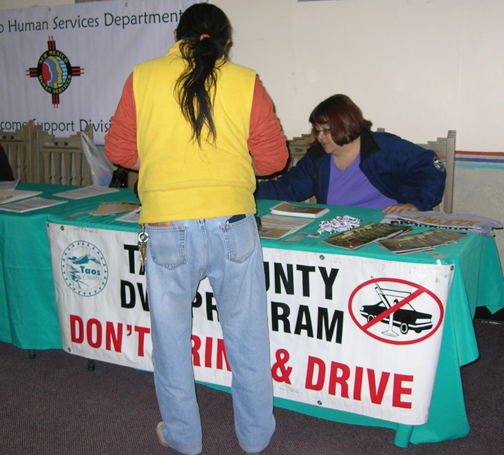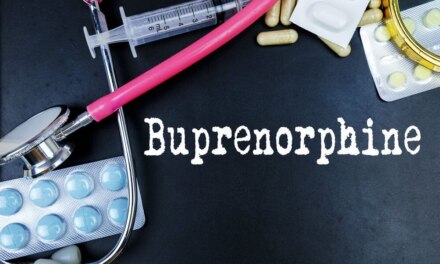Here’s a first person account by someone who emerged after a month in rehab to find the world much changed.
I walked out of rehab and into a pandemic
Largely unprepared — his only awareness had been from early news stories — he naturally struggled to launch his recovery program. He did return briefly to drinking, and as a result, wound up starting over.
It’s typical of what often occurs during the transition — a real ‘hot spot’ for trouble.
The obstacles he faced – enforced isolation, disrupted support, difficulty engaging via ‘tele-treatment’ – may sound new and different, but in many ways are an extension of those encountered in the past. It’s never been easy to link up with the right meetings, settle on the right sponsor(s), make a new circle of friends who support sobriety rather than undermine it. And then there’s always the personal stuff: fences that need mending, hanging legal problems, busted relationships, custody issues, looming bankruptcy, unemployment. Unfiled tax returns, unpaid fines. “Twelve years since I last remember filing,” admitted one man to his new accountant. “Will that be a problem?”
I haven’t even mentioned the really big barriers confronting the less fortunate. Homelessness. Poverty. Mental illness. Serious medical conditions. Violence or abuse in the home or family. These can turn early recovery into an exercise in futility. It can make rehab a bit like helping someone to their feet, brushing them off, and pushing them back down again.
Some years ago I asked a noted expert how to implement a relapse prevention model for the newly discharged. “We shouldn’t think of that as relapse,” he reminded me. “They’re not really clean and sober yet.”
He was right. Physically they may have been much improved. Mentally and emotionally, they’re still under the influence. It doesn’t take much for those old defenses to re-emerge, take control. Diminished in the protected environment of rehab, they can pop right back up under the stresses of transition.
“After more than 15 years of chasing oblivion in a bottle, I knew it had to end,” reports our hero. “The plan was to dry out for 30 days, get out of rehab, find an Alcoholics Anonymous group, connect with a sponsor, and hopefully end the vicious cycle.” Sounds fine, but it lacks structure. You might say it’s more the idea of a plan than something solid enough to carry you past the obstacles that lay directly in your path.
For someone so unprepared, the best option is usually to find a place to provide the additional structure and support (and frankly, supervision) that life on your own cannot. Whether it’s called a halfway house, sober living facility, recovery home, extended care — names change but the principle remains the same.
So does the need. Because, as the rabbi said: in real life, it’s always something.
That way, when the lessons of rehab are forgotten in the moment’s heat, maybe he doesn’t trip and fall. It’ll be the mistake he didn‘t make.
Stay safe.













